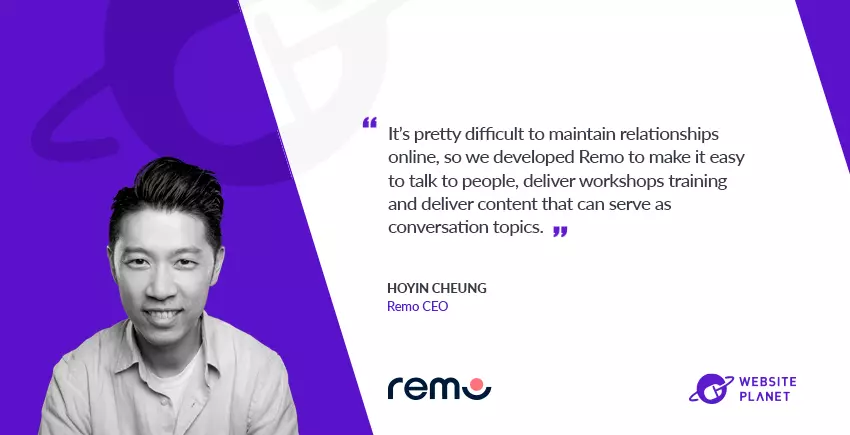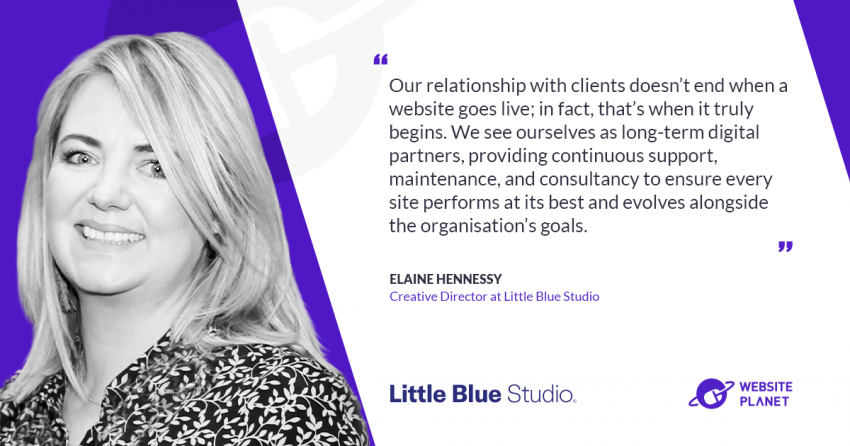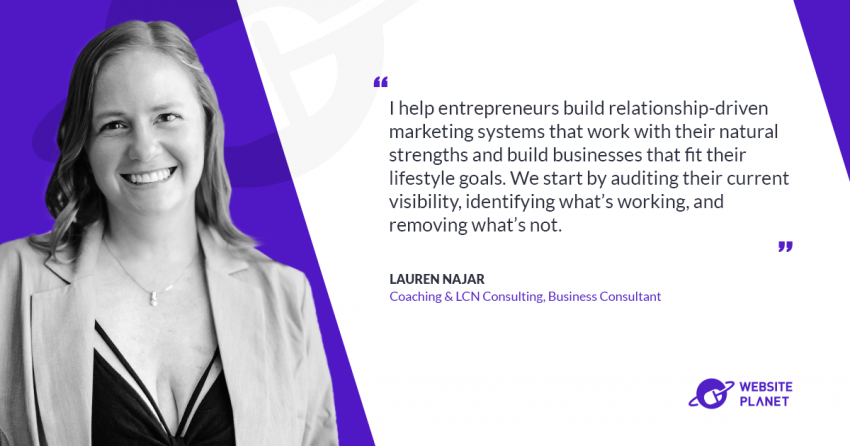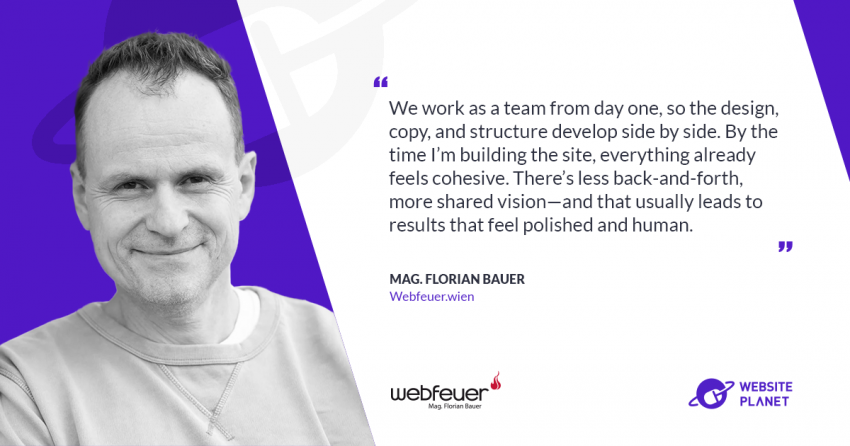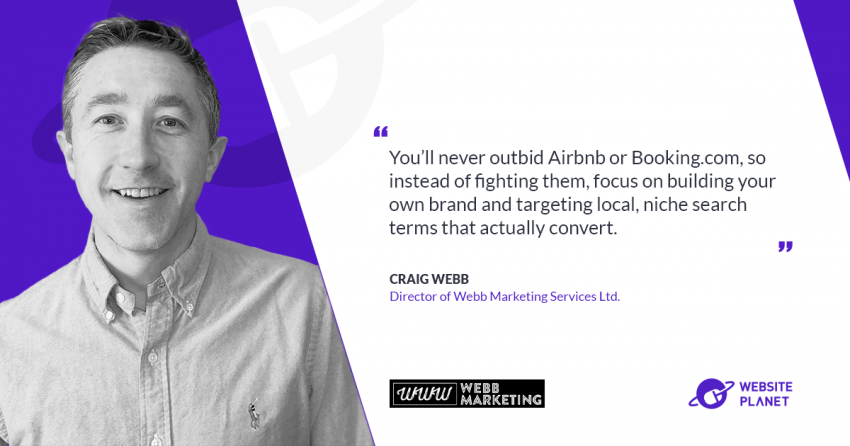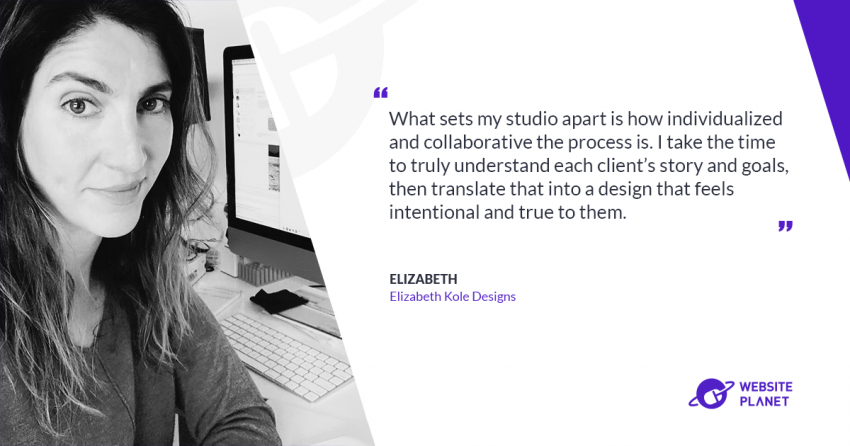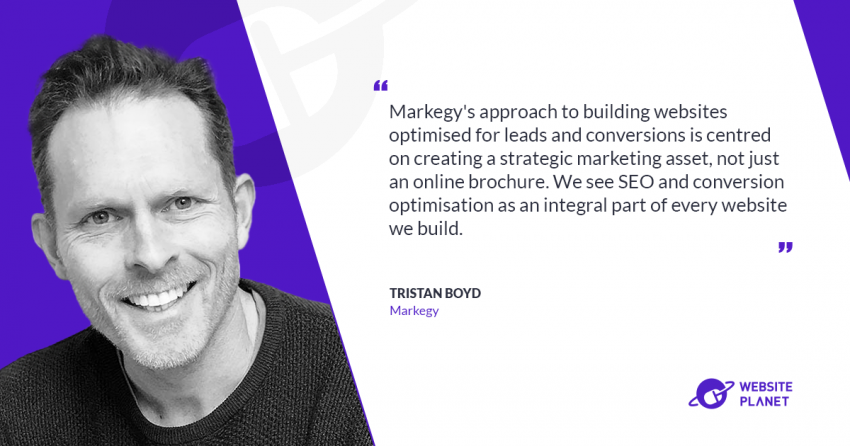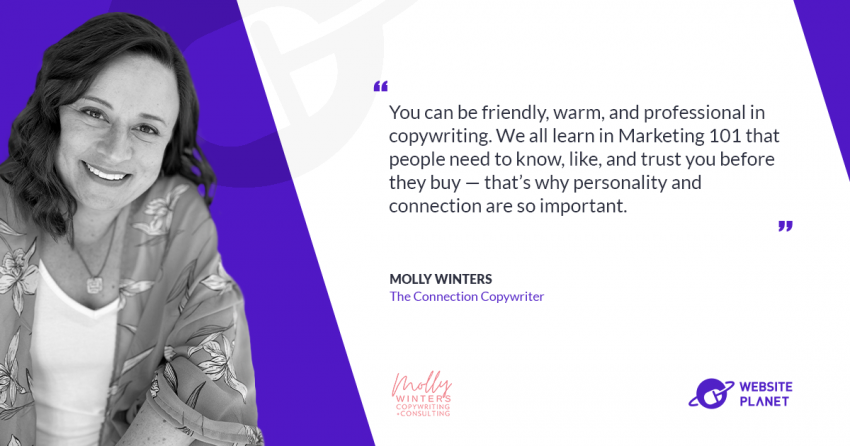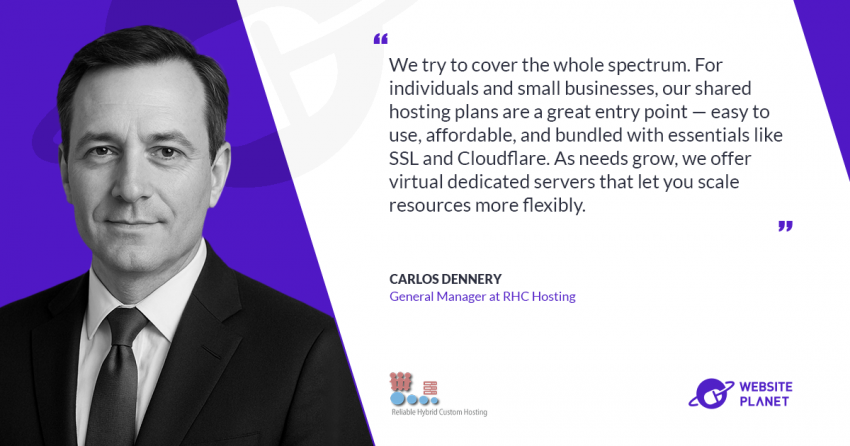Online events are sooo boring.
Most platforms actually generate user fatigue and dread of “yet another” virtual meeting by forcing users into artificially restrictive virtual spaces – like “breakout rooms” that aren’t really rooms.
Remo helped more than 66,000 event hosts from 105+ countries host over 3.78 million Virtual events that rival the experience of in-person ones.
Remo CEO, Hoyin Cheung, joined me to explain how Remo helps host workshops, fairs, conferences, networking events, webinars, team building activities, and other formats of virtual events that feel as real as face-to-face ones in ways that traditional video conferencing tools like Google Meet or Zoom can’t offer.
What problem does Remo solve, and for whom?
Remo is a virtual events platform that started when we noticed a problem…
How do you create a space where people can talk in the most authentic way possible, and build long lasting relationships?
During the pandemic we realized that it’s pretty difficult to maintain relationships online, so we developed Remo to make it easy to talk to people, deliver workshops training and deliver content that can serve as conversation topics.
You can think that the content is the conversation starter, but it’s not. The subject of the event, the networking and the people getting to know each other are the engaging factors that make attendees come out of the event feeling that there’s really been a talk with someone and that they really had an experience.
With Remo online events become as immersive as real-life ones: attendees can walk around the venue, talk to participants, create workshops, do some brainstorming , and much more.
👇 See How Remo Works 👇
What types of companies are mostly using Remo?
There are a lot of companies that use Remo from those who want to set up a webinar to coaches that might want to use it for training workshops. Basically it’s either where your employees or your audience are all over the place. We have universities, large Enterprises, and accelerators. And we have technology companies that use us for networking events, job fairs, alumni meetings, conferences, seminars etc.
Types of events you can host with Remo:
- Networking events
- Virtual conferences
- Workshops
- Fairs & Tradeshows
- Happy Hours
- Hybrid Events
- Conferences
- Team Building
- Career Fairs
- Expos & Summits
- Townhalls
- Poster Sessions
- And more…

What makes Remo better than Zoom and the like?
The biggest thing that we can do is to provide a custom 3D immersive environment where users can jump from one table to another. This allows them to create their own customized journey. It’s like a floor mat with a bunch of cables, a very unique experience that has a natural networking feel to it.
Google Meet or ZOOM don’t allow you to make a presentation followed by discussions, which could be a networking experience that is perhaps better than real life. Remo allows you to switch from a webinar to a networking event where participants can start a discussion focused on a particular topic discussed in the webinar. This helps you create organic authentic relationships at scale that your sponsors and vendors can monitor from their invisible seats.
(Some of) Remo’s advantages over Zoom and Google Meet for hosting interactive online events:
- Remo encourages more natural conversations compared to the gallery view of Zoom or Meet thanks to its virtual tables and ability for attendees to move freely between discussion tables.
- Remo’s built-in engagement features like polls, Q&As, and table chats keep attendees active throughout the event.
- Remo requires no software installation, and can get an event up and running in less than 15 seconds. Much faster and easier than Zoom or Google Meet.
- Remo’s pricing is based on the number of attendees to allow event organizers to choose the best plan for their budget. More scalable and adaptable.
“When in-person events became impossible, we had to pivot to virtual. We went looking for a platform, demoed a lot, and considered having our own bespoke software. Then, we happened on Remo and they were outstanding.”
Michael Willoughby, former Tech Director at Battle Born Progress
How did Remo start and what have you done so far to grow and retain your audience?
We originally started as a virtual office product, and then we found out that many people were not really into it but they were really interested in using Remo as a virtual event product. So we pivoted into virtual events in 2019. 2020, was when we grew fast because of the pandemic, we went from six people to 160 people in 10 months.
During this roller coaster and afterwards we discovered a few key use cases that are very sustainable that people really like to use Remo for, while a lot of new people realized that virtual events are much better than physical.
We recently just started doing SEO for about six-seven months. So we’ve started getting leads from organic traffic, and so far I can say that we’ve gotten some pretty positive results from SEO.
We’ve identified some content that people in our industry space like to read, and now we focus on creating a few content pillows for the different stages of our buyer’s journey. Are you a first-timer in virtual events, or are you experienced? For the latter there’s not much teaching, it’s more about leadership and teaching them how to create really engaging events because that’s the hardest part. How do you engage right so we can bucket people?
So SEO is the major way we get traffic, but also benefit from a lot of word of mouth (so we get a lot of traffic from people using Remo). SEO still works for businesses like us, but I don’t think it does if you have a blog for affiliate income like Amazon Affiliates etc.
What emerging trends and technologies will affect your industry most significantly?
I think that it’s going to get better for my industry, not worse. People will not trust AI blindly and many will start to seek other ways to get feedback from their connections, because you can’t trust anything from online search anymore.
Video calls might solve one part of that problem, because when you’re on the video call, you could throw in a filter like “Hey, I want to connect what’s your LinkedIn?”. That is a real verification – if you’re trying to be someone else, eventually you’re going to get caught. Just a matter of time.
Trust is going to be huge in the next 12 months.
Google is quite artificial already even without AI, and now they’re rushing to keep up with this new technology, which means they’re going to make mistakes. But it’s still pretty early. I think the AI is still really early, we’re not even after the first quarter of the match.
What are your plans for the future?
We’re a global company right now, and we’re considering different niches and markets.
We’re constantly trying to evaluate what markets can be better for virtual events, webinars and workshops? What’s really going to change? What are the trends that are going to drive more demand, like the pandemic did?
There’s going to be something that’s going to attract people more to Remo due to the certain situation that will happen, but we won’t know until the time comes and reveal what it looks like. Then we can then optimize.
For example, there’s a lot more people now that are against technology, because they don’t want AI to take their job. There’s going to be a growing anti-AI/anti media movement for a while, and I think that might help our industry a little bit, as a lot of people may start looking for something that’s a little bit more authentic. I’m hopeful that that will cause a change in consumer behaviors.
